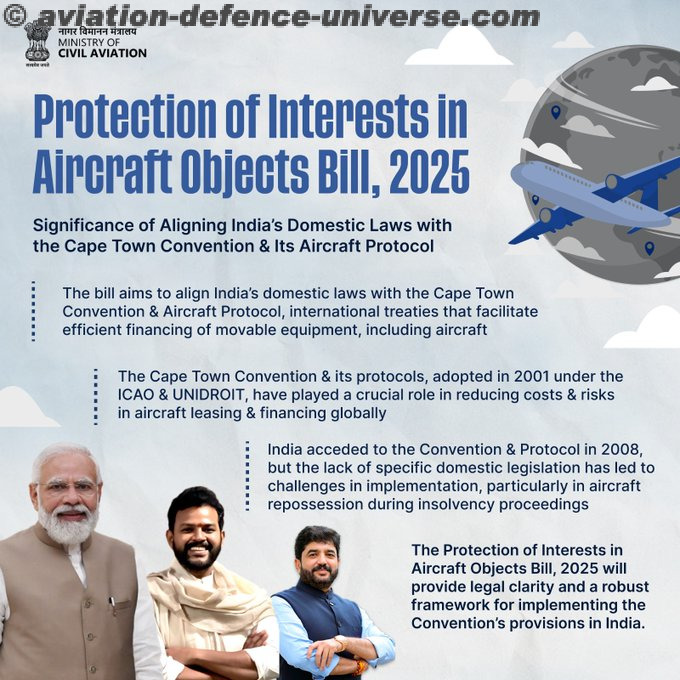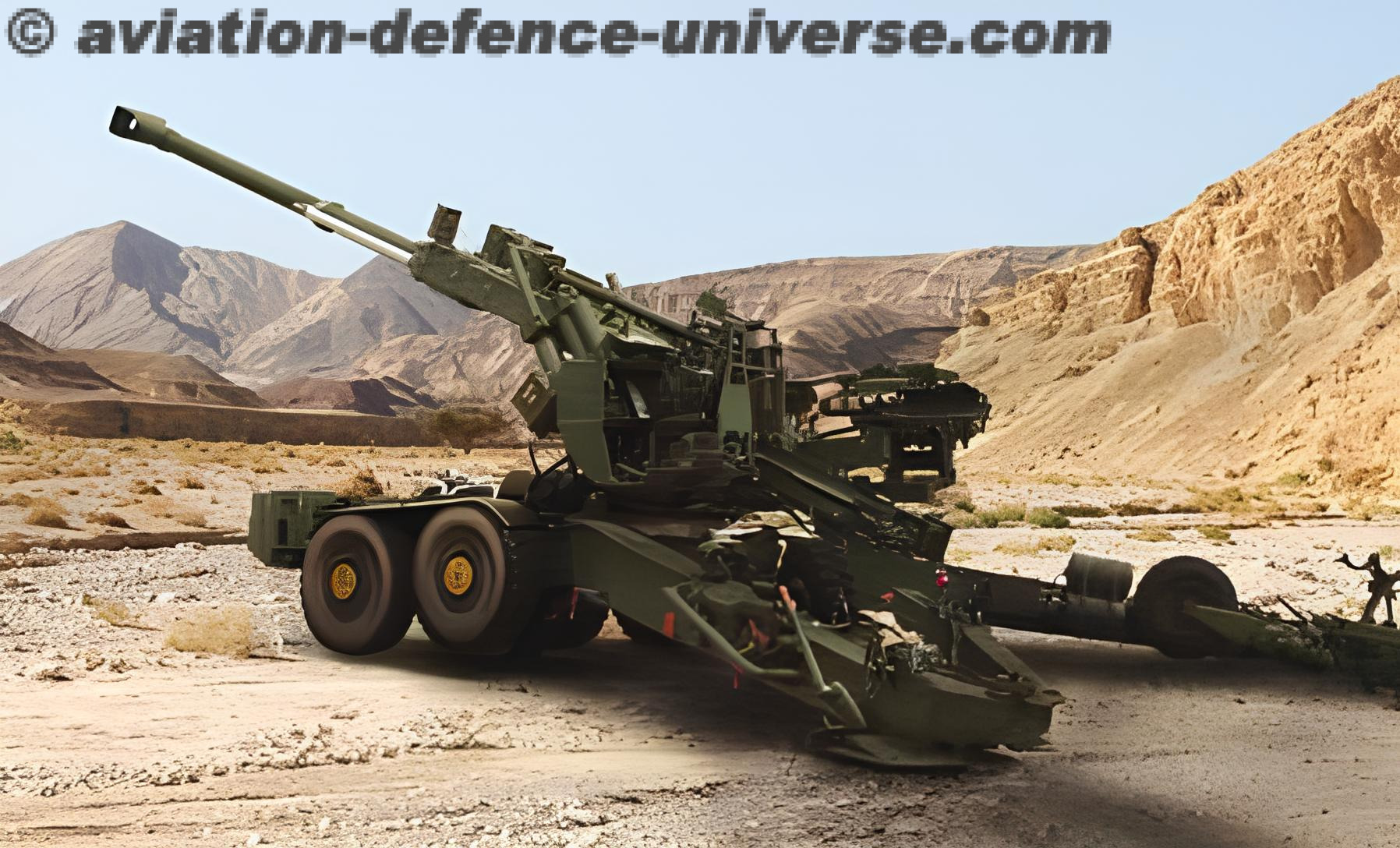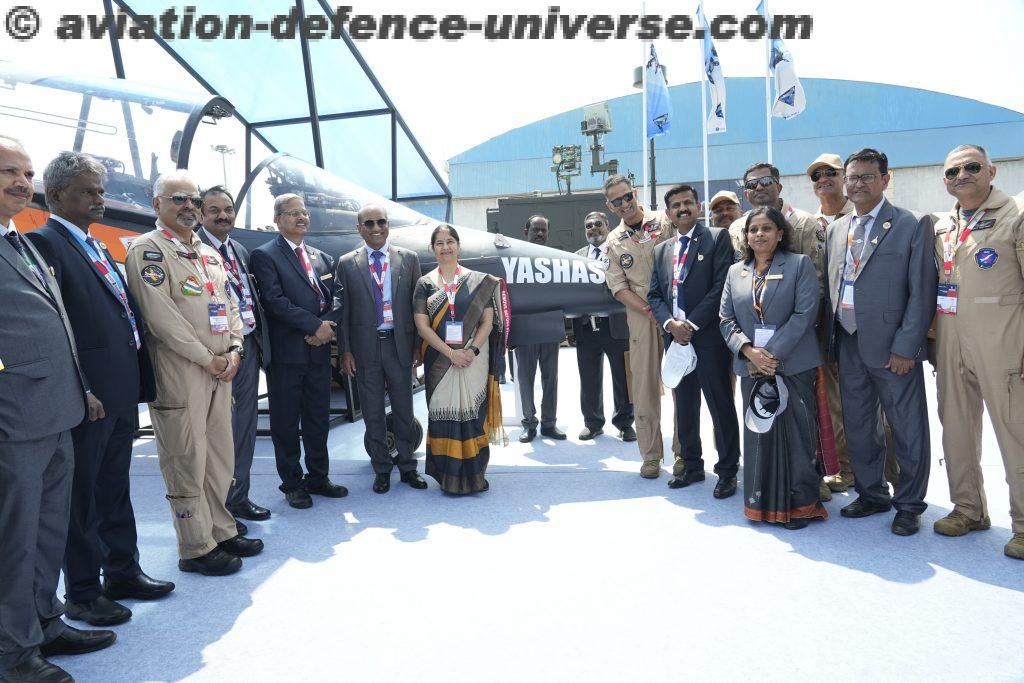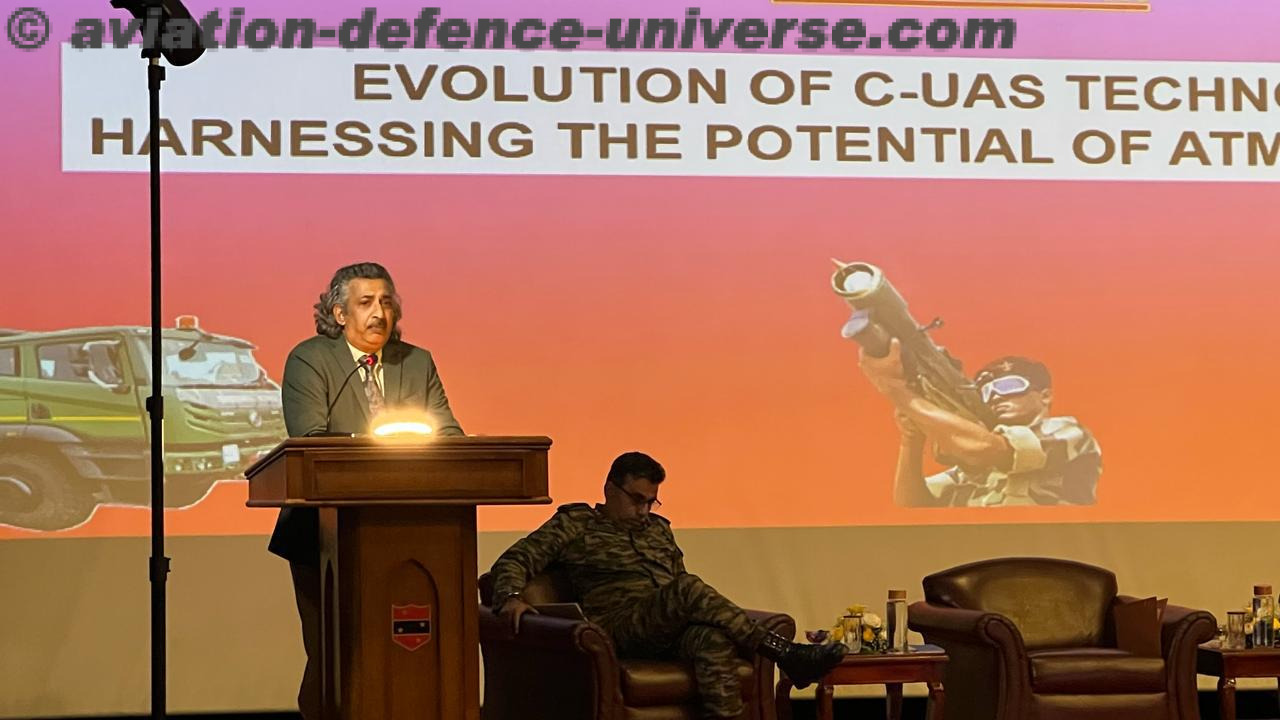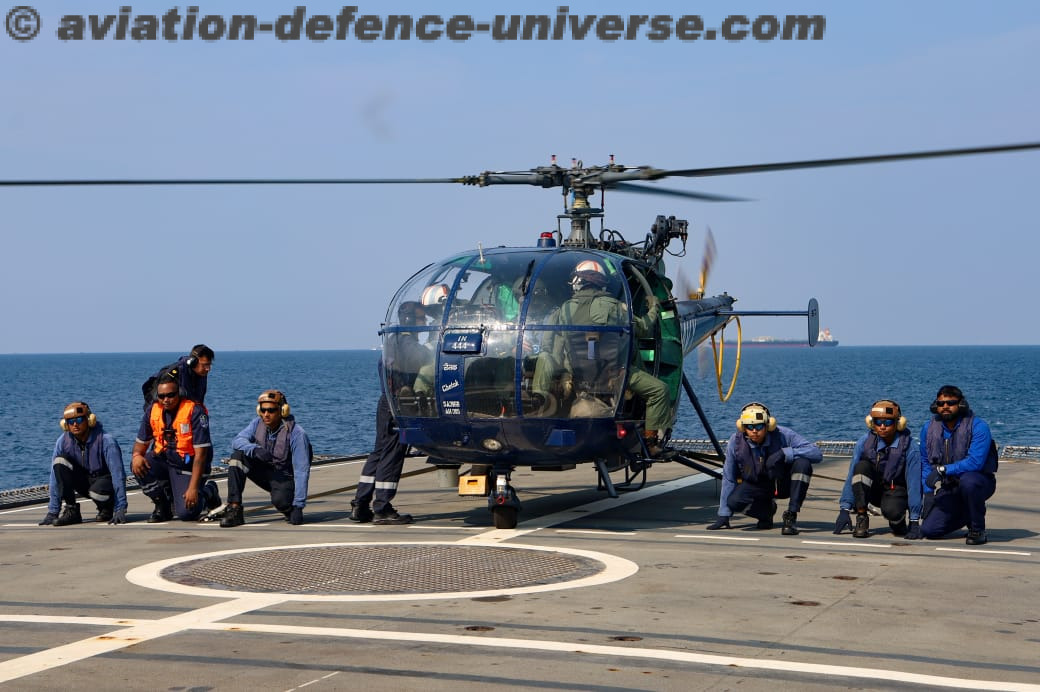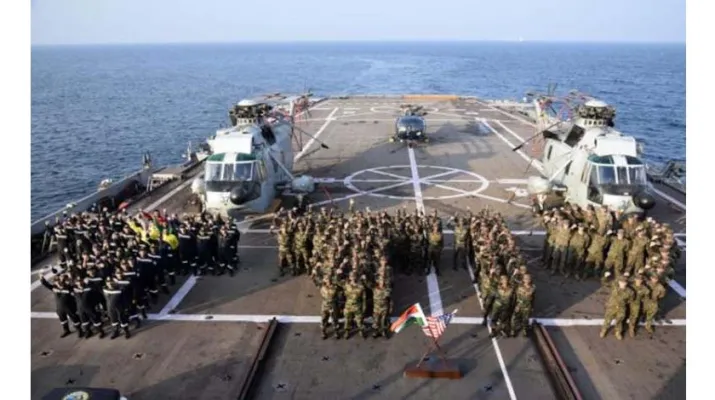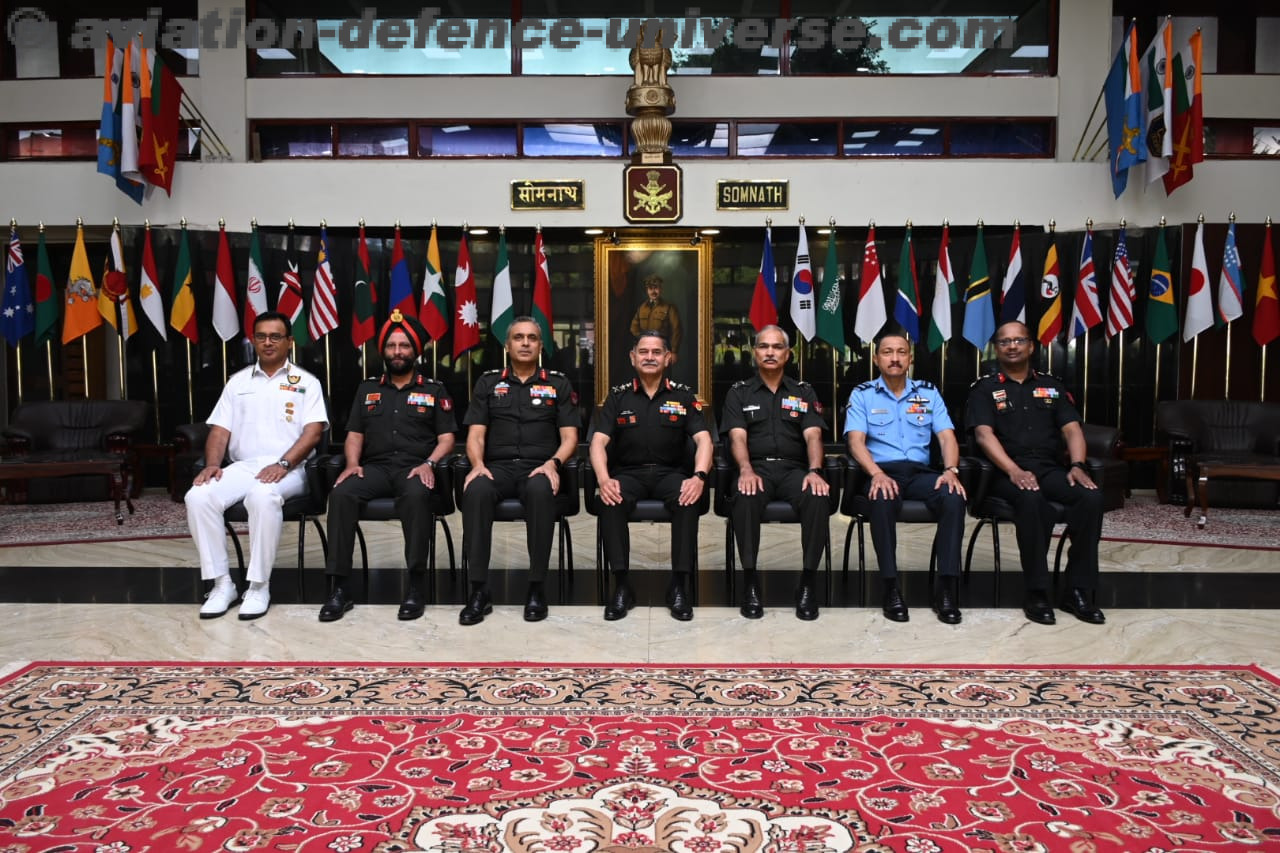New Delhi, 10 February 2021. Before a decision is taken, all views have to be taken and a difference of opinion is not a lack of solidarity; however, once everyone is heard and a decision is taken for the larger good, everyone has to own the decision, says Lt Gen Alok Kler, General Officer Commanding-In-Chief, South Western Command. He said it while delivering a talk on the military model of leadership and winning with strategy, solidarity and discipline in All India Management Association’s 38th LeaderSpeak dialogue.
The session was attended by India’s business and military leaders. Mr Harsh Pati Singhania, President, AIMA and Vice Chairman & Managing Director, JK Paper Ltd moderated the dialogue and Ms Rekha Sethi, Director General, AIMA anchored the session.
Lt General Kler emphasized that the apparent lack of solidarity that is being talked about is not real. “There is no lack of solidarity in the nation, as has been proved in 5-6 wars,” he said in response to a suggestion that the country needed solidarity. He pointed out that India Army encourages professional dissent while formulating ideas and plans. “In the army, professional dissent is encouraged,” he said.
Responding to a question on top leadership losing touch with those they lead, Lt Gen Kler said that a top leader has to convey his thought process down to the lowest level, as his decisions influence everyone. “More importantly, one has to establish a failsafe feedback system, including institutional and extra-institutional mechanisms, to allow direct access to the people from the lowest level,” he said.
Indian Army is incorporating technology in the same way as the business, Lt Gen Kler said. Talking about the impact of the technology revolution and remote work, he said that under the new work system, there will be officeless officers. “Now the leaders look only at achievements and not worry about old world discipline,” he said, referring to the visual symbols and rituals of discipline – dressing, hours, greetings etc – as things that come in the way of action.
However, there was a lot that business leaders could learn from the army’s model of leadership, he said. Continuous preparation, decisiveness, credibility, team spirit and organizational honour were staple of army leadership that could be replicated in the business.
Lt Gen Kler said that the army continuously trains for the next war and not to fight the past battle better. “Having foresight is the key to leadership,” he said. Decisiveness of the leaders for timely action is critical, as even a bad decision is better than a no decision because it at least sets things in motion and allows course correction later, according to him.
Lt Gen Kler emphasized credibility as central to leadership. In business, as in the army, the leaders need to ensure that they spoke only what they would do. “In the army, losing credibility is professional death,” he said. He also pointed out that motivation of the troops has to be linked to ideals and not wages. “Soldiers are not motivated by wages but by pride in the organization’s reputation and honour of the unit,” he said.
Regarding instilling responsibility among Indian youth, Lt Gen Kler said that the leaders had to rethink the way they entrust responsibility. “We have to free ourselves of the authority to impose,” he said. However, he added, that once an individual was given a charter and an agreement was reached, there was no way that individual could make only demands and not take responsibility.
More than a thousand people joined the virtual session, which was also streamed live on social media channels.











